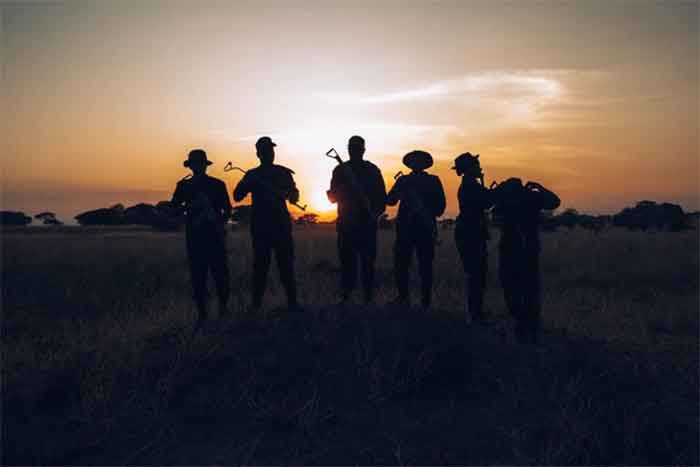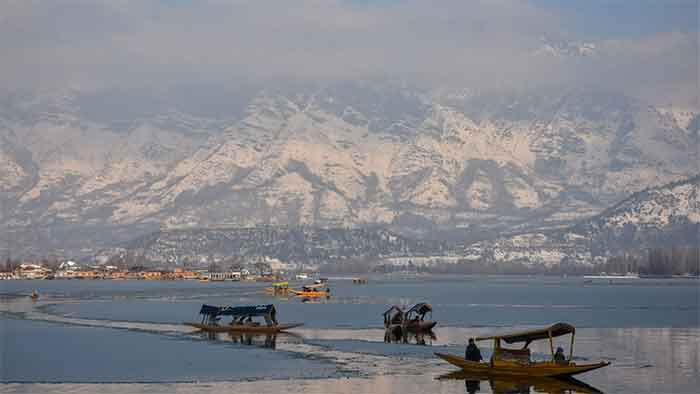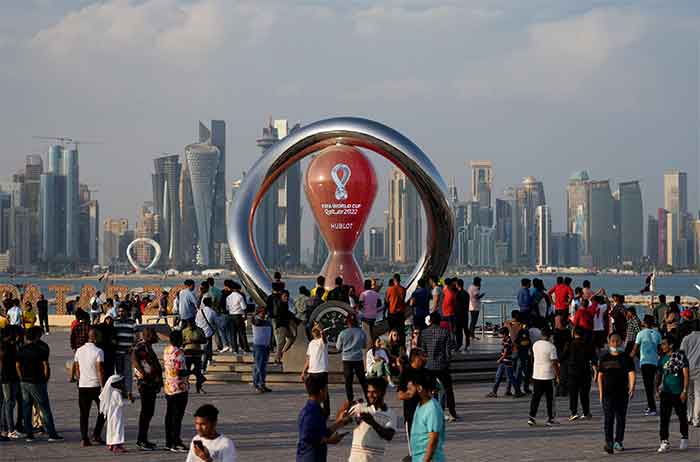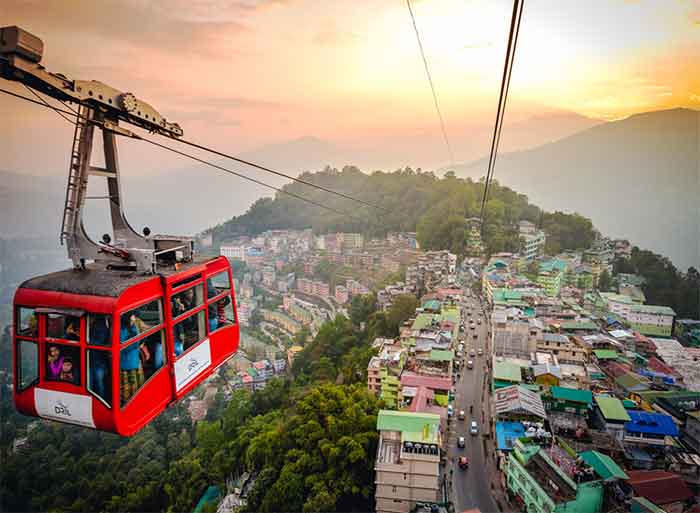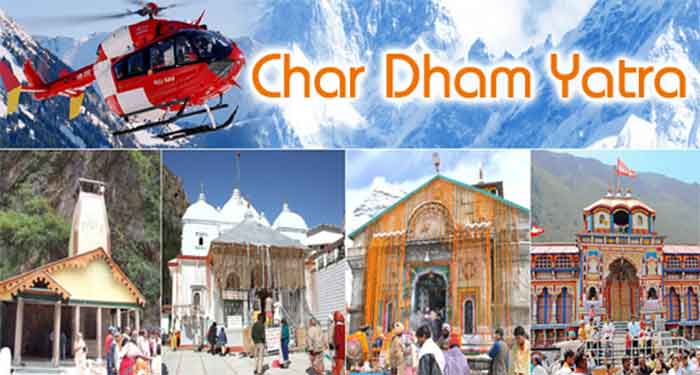
In Uttarakhand several small establishments, eating houses, stay-homes, small hotels and shopkeepers selling various knick-knacks were waiting for the famous char dham season to begin in May. Many people had come from distant villages to set up shop or take jobs in establishments nearer to the pilgrimage paths. According to recent news reports, nearly 7 lakh hotel bookings had already been made, many more were expected. Many people had taken loans from banks and private sources to repair and prepare their establishments to receive customers. Taxi-operators had also been preparing in a similar way. Then, rather belatedly, the decision to cancel the char dham yatra for the time-being was taken and the hotels were flooded with calls for cancellation.
The decision to cancel the char dam yatra was needed. It could not be avoided. Saving life is more important than saving livelihood. But can something be done to compensate for at least a part of the loss which ordinary people linked to tourism have suffered? One is not speaking here of the interests of big luxury hotels, but rather of the common people linked to tourism, the kind of people who have even borrowed for this purpose and may be left with insurmountable losses and loan repayments if they do not get any relief.
True, this may not be the biggest priority just now as even more urgent tasks await the nation. But this also should not be entirely neglected. It would be unfair to the many people who provide several essential services to tourists and pilgrims and in the process this has also become an important means of livelihood in several areas. In hill areas so many jobs from hotels to shops to special tourist resorts to trekking to travel are related to tourist and pilgrim seasons that a disruption of this for two years in continuity may be too much for people based in these livelihoods.
The kind of relief that can be thought of can include temporary exemption from paying back of loan installment , or even writing off a part of the loan. This can be done in the context of small loans taken for stay-homes, bed and better joints, small hotels and taxis, or more specialized tourism equipments such as those taken for trekking, camping, boating and rafting etc. Some of the pending bills of such establishments, for example those relating to electricity, can be waived. Whatever the relief announced, it needs to be emphasized that the main emphasis should be on helping the common people involved with the tourism sector and to the extent that some of the bigger establishments are also benefited, they will be expected to share these benefits with their full-time and seasonal employees, as well as provide proof for this.
The central and state governments must both share the responsibility for compensating the tourism sector. In the case of the summer tourism rush the almost complete loss looming ahead for the second continuing year is very clear and the tourism sector of the hill states should get a priority in terms of getting some significant relief.
Bharat Dogra is a journalist and author. His recent books include Protecting Earth for Children and Man Over Machine.
GET COUNTERCURRENTS DAILY NEWSLETTER STRAIGHT TO YOUR INBOX

